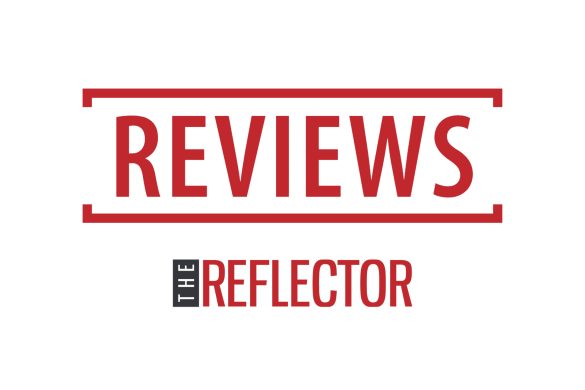Everyone has ghosts of hairstyles past, but the next time you’re cursing yourself for using box dye or cutting your own bangs, just be thankful you’re not the protagonist of “Bad Hair.” Anna Bludso, played by Elle Lorraine, is a black woman working in music television in 1989. Often overlooked and disrespected, she finally gets the chance to be promoted and follow her dreams. All she is asked to do is get a weave sewn in. Anna’s new hair brings her respect and praise, but also a secret to keep: these new strands are as murderous as they are luscious.
While the concept of possessed hair may seem silly, there’s actually a profound message being expressed. For many women, especially black women, hair is an expression of self. By being told that she must change her hair to further her career in television, Anna is being told that her natural hair doesn’t fit the culture that people wish to see. She is being stripped of an important part of her identity. And it’s other black women who have made the same sacrifice that convince her that changing her hair is the right thing to do, while black women who take pride in their natural hair criticize her for it.
This movie pushes forward the idea that women can also be perpetrators of the very misogyny they believe they are fighting against, an idea that I believe isn’t exhibited enough in popular media, and that many women will be able to relate to. This is a film that believes the world would simply be a better place if a woman’s hair had no impact on her career, and all women could be supportive of each other’s choice. And I have to wholeheartedly agree.
As for the horror aspect, I wouldn’t call this movie scary. What makes this a horror film isn’t the blood sucking, neck strangling hair but the pain of the woman who wears it. The most chilling moments are the ones of pure fear on Anna’s face, when she realizes what she is becoming because of the hair on her head. Of course, the moments where men attempt to exercise power over her in the worst ways are also quite horrifying. The least chilling are the climactic scenes, where satire seems to suddenly take over and humor fills in the script’s gaps. If there’s one thing I could change about this film, it would be to improve the writing of its ending.
This movie is enjoyable and manages to tell a complex story of misogyny, racism, and media all at once. While it does have many downfalls, most of them pale in comparison to its ambition. I appreciate its use of horror as a vehicle to tell a story that is very real to many women today, despite the fact that it takes place over 30 years ago.


